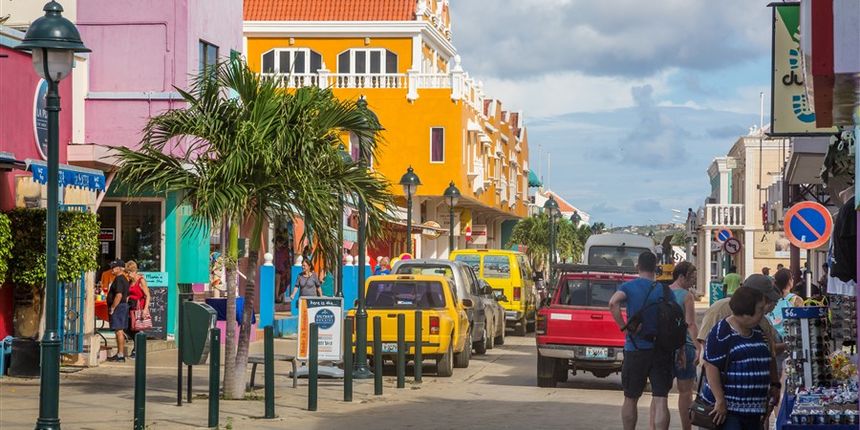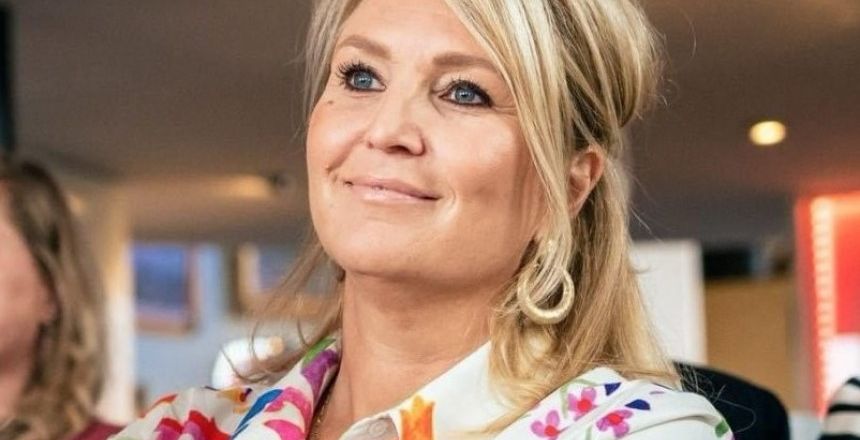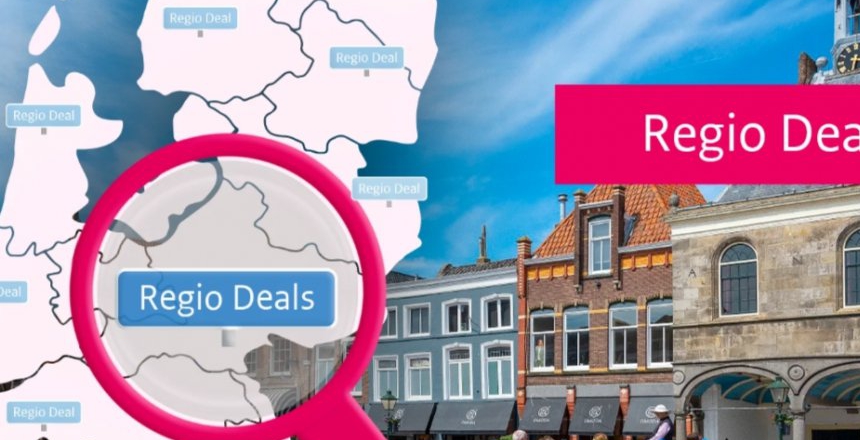News Social Improvement
2 min.
Despite various improvements over the years, students from the Caribbean Netherlands often still face several obstacles when it comes to participating in higher education in the European Netherlands. These vary from administrative challenges like not having a Dutch citizen service number to financial obstacles resulting from the higher costs of living in Europe. The central Dutch government is currently discussing ways in which these barriers to entry for students from the Dutch Caribbean can be lowered or removed entirely.
Citizen service number problem
One of the major obstacles for students “from the islands” is the fact that they more often than not don’t possess a citizen service number. As a result, they are excluded from basic services in the European Netherlands like inscription for courses and opening bank accounts. Some legal changes are already in the works to remedy this situation, including the introduction of the Dutch citizen service number for the people of Bonaire, Sint Eustatius and Saba. The problem is that this can still take some years and on top of that, it’s not a solution for the independent regions of Aruba, Curaçao and Sint-Maarten.
That’s why the Dutch government is now looking at other, faster solutions besides a law change. Minister of Education, Culture and Science Robbert Dijkgraaf and State Secretary for Kingdom Relations and Digitalization Alexandra van Huffelen are exploring the possibility of DUO (Dienst Uitvoering Onderwijs), the organization responsible for study financing, degree recognition and examination organization in the Netherlands, providing an immediate citizen service number for all Caribbean Dutch students. This might be much faster than waiting for the laws to be adjusted.
Special scholarship
Besides the citizen service number issue, the PvdA and D66 (two major political parties in the European Netherlands) are arguing for a new kind of scholarship system for students in the entire Kingdom of the Netherlands. The European Erasmus exchange program allows students to travel and study all over the European Union, but the Caribbean Netherlands are not included. The idea would be to create a new Erasmus-kind of exchange program, but for students from the European and Caribbean Netherlands.
This so-called “Koninkrijksmobiliteitsprogramma”, which loosely translates to “Kingdom Mobility Program”, is a focus point for the work group “Studiesucces Caribische studenten” (Academic success Caribbean students), which is led by Ron Bormans, President of the Executive Board at the Rotterdam Hogeschool. This group advises the four ministers of Education in the Kingdom of the Netherlands (of the European Netherlands, Aruba, Curaçao and Sint-Maarten). More news regarding this topic and the citizen service number initiative is expected towards the second half of this year.
The basis for this article was originally published on www.advalvas.vu.nl in March 2022.





